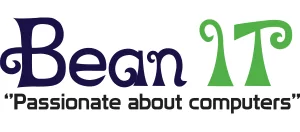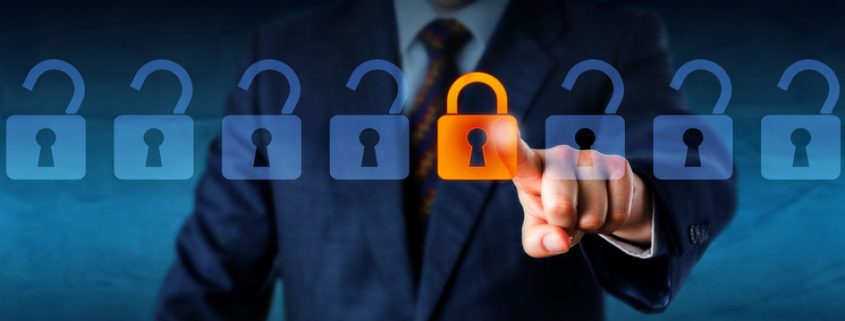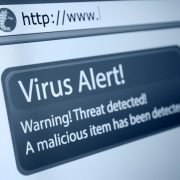10 simple ways to protecting yourself from cyber hackers
Often within our IT infrastructure, we manage our IT issues and frustrations with crisis management rather than a proactive approach. This is frequently the case with data backup and we are quick to find excuses as to why we aren’t taking the best precautions: I’ll do it later; I don’t have time now; it’s too expensive; it’s too difficult; …
Without the correct backups in place, you leave yourself open to losing your sensitive or mission critical data. This may be through theft, fire, damage to your laptop/tablet, or as we are seeing increasingly, cyber hackers or ransom malware attacks.
Check list to keep your data protected from cyber hackers
- Backup your files regularly, keep a recent backup off-line and another copy preferably off-site.
There are several quick and easy ways to back up your data, from NAS drives (our top recommendation), to cloud, external hard drive or the least preferable option, a USB key. To read more about backing up your data, click here. - Don’t enable macros.
Ransomware attacks often arrive in documents, and rely on persuading you to enable macros (embedded document scripts). Avoid enabling macros! Many years ago, Microsoft deliberately turned off auto-execution of macros by default as an additional security measure. - Consider installing Microsoft Office viewers
The best prevention for preventing ransomware attacks is to avoid opening unexpected emails with Word or Excel attachments. Hackers have become increasingly devious over the years and emails may look legitimate but contain vicious ransomware. Microsoft have created viewer applications that let you to see what documents look like without opening them in Word or Excel. What’s important to note is that the viewer software does not support macros at all. This helpful tool means that you cannot unintentionally enable macros! We recommend that you ensure your systems are patched early and often to help avoid and detect malware. - Be aware of unintentionally opening unsolicited email attachments.
In a world surrounded by SPAM and over filled inboxes, if you don’t recognise the receiver or you’re not expecting an email from that organisation, don’t open the associated attachments. If in doubt, we are always more than happy to help. - Don’t give yourself more login permisions than necessary.
Avoid logging in to your device as an administrator. The administrator setting allows you over ride many commands and if this profile is hacked, it’s particularly difficult to retrieve your data. - Install and maintain software updates
One of the many frustrations faced when using a computer, laptop or tablet is Microsoft and application updates. Whilst it’s annoying to wait for what seems like hundreds of updates, updating over an endless time period, these are important to the security and safety of your device. - Train and retrain employees in your business.
It’s all very well if you know how to prevent and stay safe from malicious viruses and ransomware but, that’s no good if other users on your network are not as informed. If a virus appears on a PC used by an employee, colleague or family member, and you’re attached to the same network, you risk your PC becoming infected by the same virus causing the same or similar damage to your device. - Firewalls
Always ensure that you have an active firewall running on your PC. Windows itself comes standard with a reasonably good firewall, and there are also many very good third party firewalls available. - Anti Virus Software
There are many free antivirus software packages available, but their effectiveness is limited. We recommend that you purchase a software package rather than use the free option as the purchased software offers a much higher level of security. To read more about antivirus software, click here. - Restricted access
If you have several users on your network, restricting user permissions for installing and running unwanted software applications to your system and services can be a solution to avoiding many virus attacks.
If you’d like to discuss how you can ensure the best security of your IT systems, contact us on 0121 667 8977 or email info@beanit.co.uk








Leave a Reply
Want to join the discussion?Feel free to contribute!